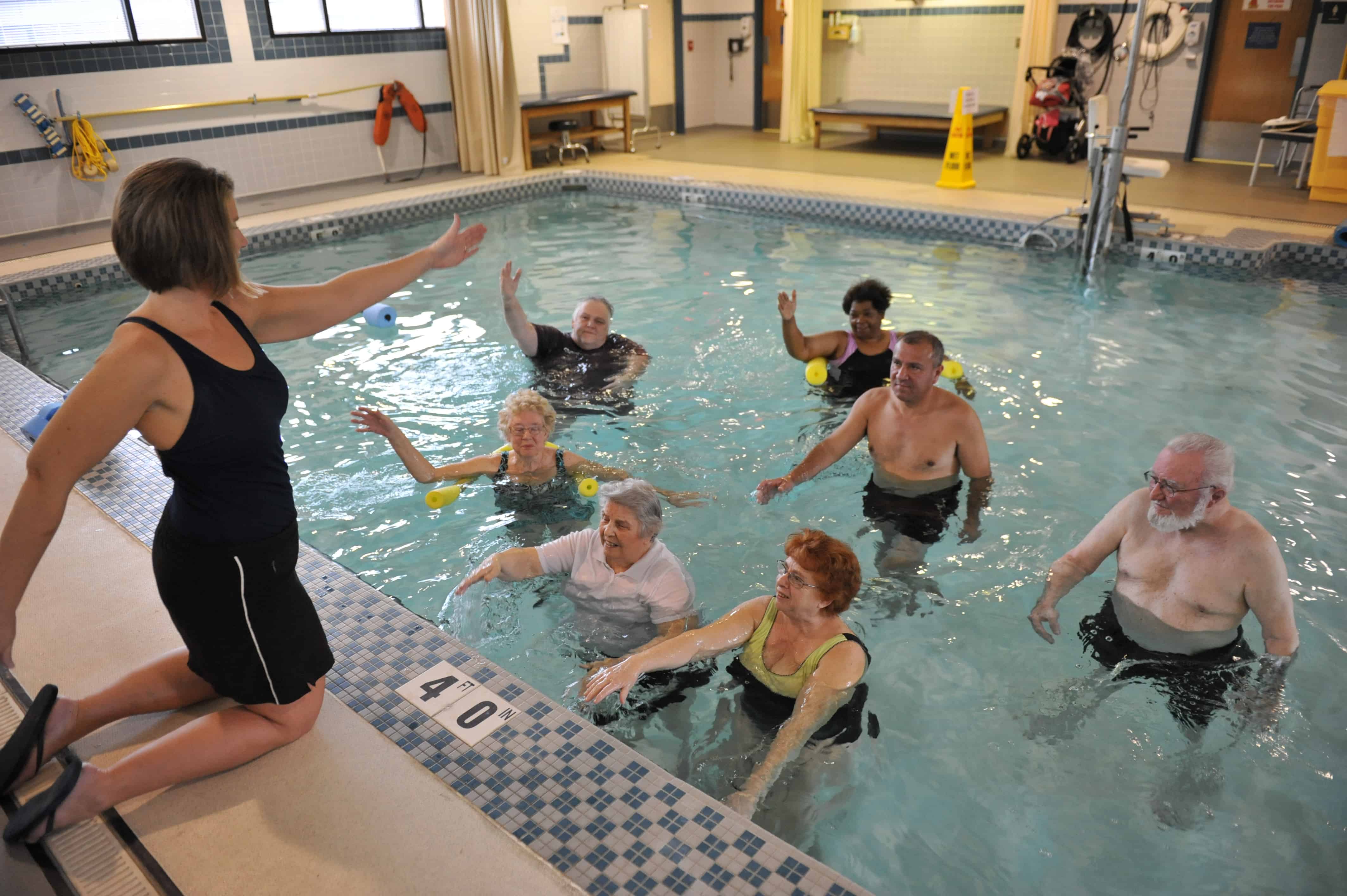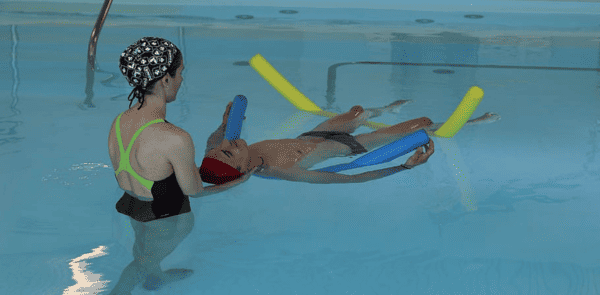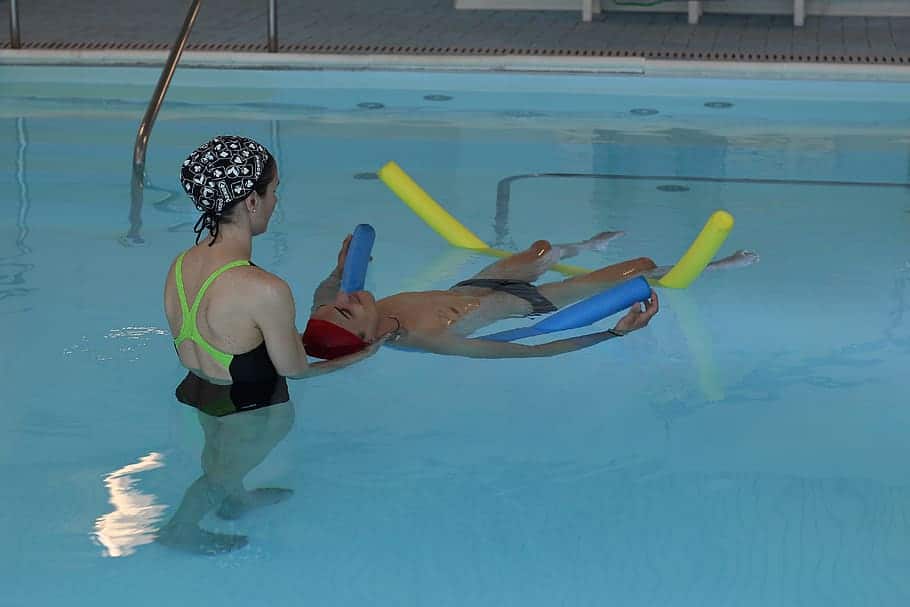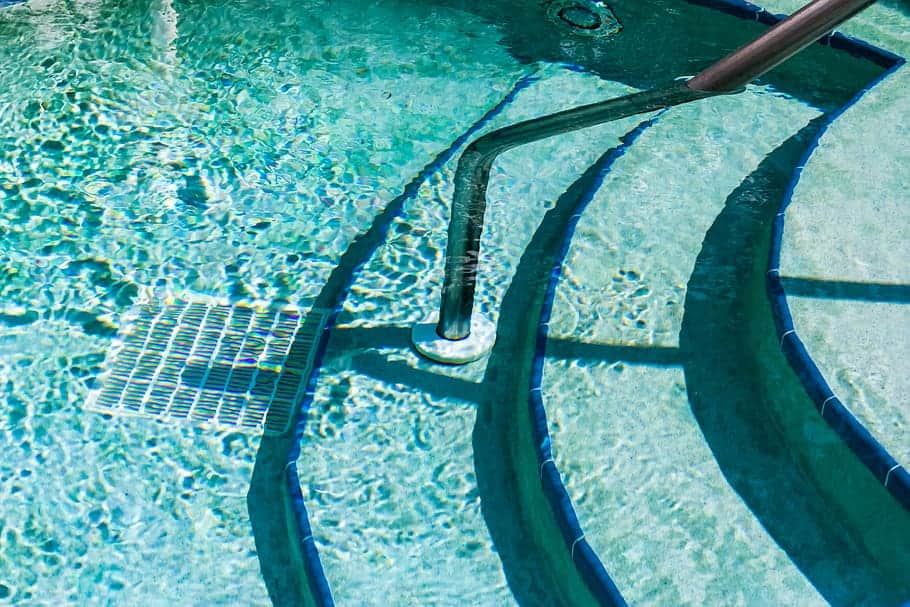Recovering from injuries or managing chronic conditions can be a challenging journey. And sometimes, the most effective solutions are found in unexpected places. Enter hydrotherapy – a therapeutic approach that utilises water to promote:
- healing
- relaxation
- overall well-being
Hydrotherapy offers a multitude of benefits for recovery. In this blog, we will explore how this gentle yet powerful form of therapy works.
What is Hydrotherapy?
Hydrotherapy utilises water as a healing medium to promote physical and psychological well-being. With roots dating back to the Egyptians, Greeks, and Romans, it has a rich history. Throughout time, it has been embraced across cultures.
Hydrotherapy encompasses a wide range of practices and treatments. Each is designed to harness the unique properties of water for therapeutic purposes. Popular forms of hydrotherapy include pools, hot tubs, whirlpools, and aquatic exercises.
Pools provide a versatile setting for hydrotherapy. They offer a controlled environment for various activities, such as:
- swimming
- floating
- water-based exercises
The buoyancy of water reduces the impact on joints. This makes it ideal for individuals with injuries or conditions affecting mobility.
Hot tubs and whirlpools, often equipped with hydro jets, provide targeted water massage to specific body areas. The combination of warm water and pulsating jets helps:
- ease muscle tension
- stimulate circulation
- promote relaxation
The use of water as a therapeutic medium is a key aspect of hydrotherapy. Water’s buoyancy reduces the effects of gravity. This allows for gentle movement and exercise without placing excessive stress on joints. Additionally, the hydrostatic pressure exerted by water can help reduce swelling. What’s more, it improves blood flow, contributing to the therapeutic benefits of hydrotherapy.
The Benefits of Hydrotherapy for Recovery
 (Image Credit: Wikimedia Commons)
(Image Credit: Wikimedia Commons)
Let’s begin with physical benefits:
Pain relief and muscle relaxation
Hydrotherapy, particularly warm water immersion, can provide effective pain relief and muscle relaxation. The warmth of the water helps to increase blood flow to the muscles, reducing pain and stiffness. It also promotes the release of endorphins, natural pain-relieving chemicals in the body. Certain conditions can greatly benefit from the pain-relieving properties of hydrotherapy, such as:
- arthritis
- fibromyalgia
- sports injuries
Improved circulation and healing
Hydrotherapy enhances blood circulation and oxygenation throughout the body. The hydrostatic pressure exerted by the water helps to improve blood flow. This allows nutrients and oxygen to reach injured tissues more efficiently.
Through hydrotherapy, it reduces inflammation and removes waste products. The increased circulation supports the healing process. This can be particularly beneficial for individuals recovering from:
- surgeries
- fractures
- soft tissue injuries
Increased range of motion and flexibility
The buoyancy of water reduces the effects of gravity. It helps reduce pressure on joints and facilitates easier movement. This buoyancy enables individuals to exercise and stretch in water with ease. Additionally, the hydrostatic pressure exerted by water provides support and stability to joints. This allows for increased range of motion and flexibility.
Hydrotherapy exercises are especially helpful for individuals with:
- joint conditions
- mobility limitations
- those recovering from musculoskeletal injuries
Now onto the psychological benefits:
Stress reduction and relaxation
Hydrotherapy has a calming effect on both the mind and body, such as:
- the warm water
- gentle movements
- soothing environment
All these help to alleviate stress and promote relaxation. Hydrotherapy sessions provide a therapeutic escape from daily pressures. It also creates an opportunity for mental rejuvenation!
Improved sleep quality
Hydrotherapy can contribute to better sleep patterns. The relaxation induced by hydrotherapy can help individuals prepare for restful sleep. The warm water and release of tension from muscles promote a state of deep relaxation. This helps make it easier to fall asleep and stay asleep throughout the night.
Hydrotherapy is particularly beneficial for individuals struggling with sleep disorders. The same goes for those experiencing high levels of stress and restlessness.
Safety and Precautions
When engaging in hydrotherapy, it’s important to prioritise safety. Here are some safety considerations to keep in mind:
- Before starting hydrotherapy, consult with a healthcare professional. This is especially important if you have specific health conditions or limitations. They can provide personalised advice and ensure hydrotherapy is suitable for you.
- Ensure that the hydrotherapy facility maintains high standards of hygiene and cleanliness. Proper maintenance of pools, hot tubs, and whirlpools is essential.
- If you’re new to this or have mobility issues, consider having a trained professional. Or have a qualified companion present during your sessions for assistance.
- Pay attention to the water temperature. Extremely hot water can cause burns. Meanwhile, water that is too cold may lead to discomfort or muscle tension. Find a temperature that is comfortable for you.
Remember, these guidelines are general. Before starting hydrotherapy, seek professional advice that considers your:
- specific health conditions
- limitations
- any potential contraindications
Your healthcare provider will be able to provide you with the best guidance for a safe and effective hydrotherapy experience.



 (
( (
(